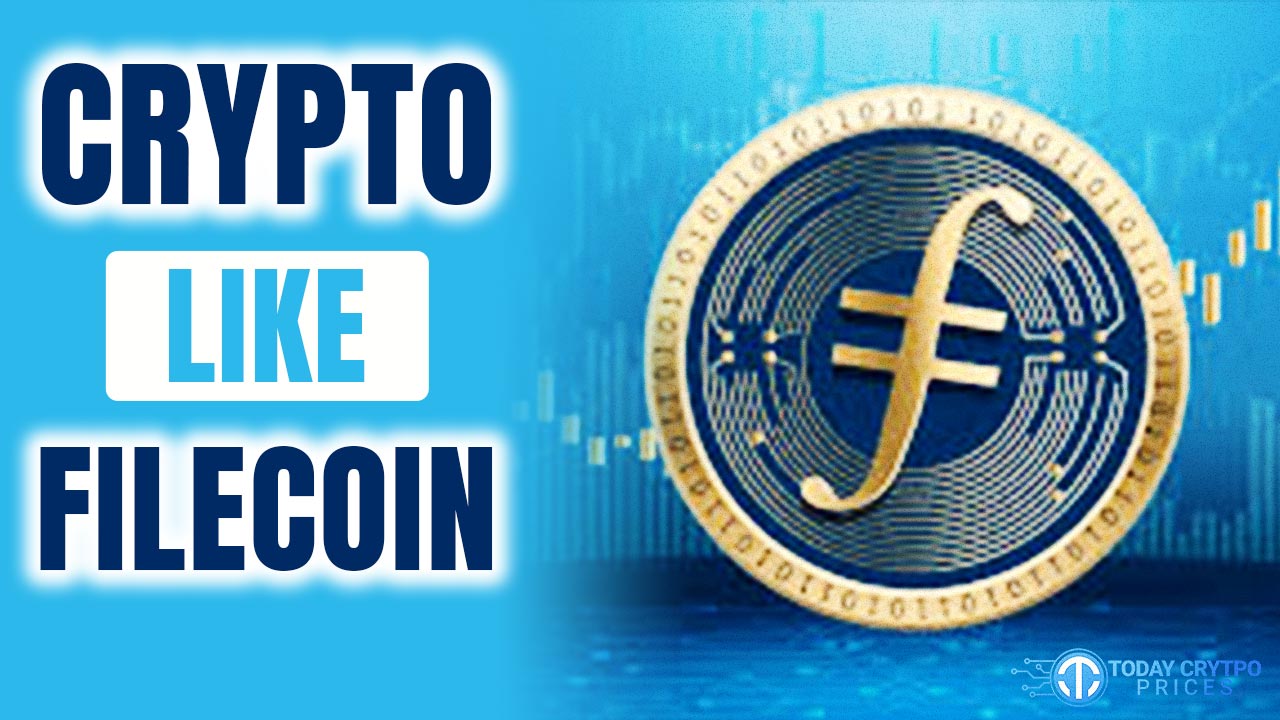Understanding Filecoin and its Impact:
Filecoin, a decentralized storage network, operates on blockchain technology, offering a secure and efficient means to store and retrieve data. Its decentralized nature empowers users by eliminating reliance on centralized servers, ensuring data security and accessibility.
Exploring Similar Cryptocurrencies:
- Siacoin: Siacoin mirrors Filecoin’s decentralized storage, allowing users to rent out their unused storage space securely. Its unique architecture emphasizes data security and cost-efficiency.
- Storj: Storj employs blockchain and end-to-end encryption, enabling users to rent out their excess storage in a secure, decentralized manner. Its unique approach to cloud storage appeals to privacy-conscious users.
Comparison and Use Cases:
While Filecoin, Siacoin, and Storj share a decentralized storage ideology, they differ in implementation and target markets. Filecoin’s expansive ecosystem caters to enterprise-level needs, whereas Siacoin and Storj cater to individual users seeking cost-effective, secure storage options.
The Future of Decentralized Storage:
As the demand for secure, decentralized storage escalates, cryptocurrencies like Filecoin pave the way for a future where data ownership and security are in the hands of the users.

Conclusion
In conclusion, Filecoin, Siacoin, and Storj represent the vanguard of decentralized storage solutions within the crypto sphere. Their innovative approaches empower users and reshape the digital landscape, promising a future where data security and accessibility reign supreme.
FAQs
What makes Filecoin and its counterparts different from traditional cloud storage services?
Filecoin and similar cryptocurrencies operate on blockchain technology, ensuring decentralized storage compared to centralized cloud services. They utilize a network of distributed nodes, enhancing security and accessibility.
Are Filecoin, Siacoin, and Storj suitable for personal use, or are they geared towards businesses?
While these cryptocurrencies cater to both personal and enterprise needs, Filecoin often targets larger-scale storage requirements, whereas Siacoin and Storj offer more user-friendly options for individual users seeking secure, cost-effective storage.
How do these cryptocurrencies ensure data security?
Filecoin, Siacoin, and Storj prioritize data security through encryption and decentralization. They break data into smaller pieces, encrypt them, and distribute them across the network, minimizing the risk of data breaches or single points of failure.
Can I earn from participating in these decentralized storage networks?
Yes, users can earn by contributing their unused storage space to the network. Filecoin, Siacoin, and Storj incentivize users by allowing them to rent out their extra storage and earn cryptocurrency in return.
What are the potential challenges or limitations of using these decentralized storage networks?
While offering numerous advantages, these networks might face challenges such as adoption rates, network scalability, and regulatory concerns. Users may also encounter technical complexities when initially engaging with these platforms.
